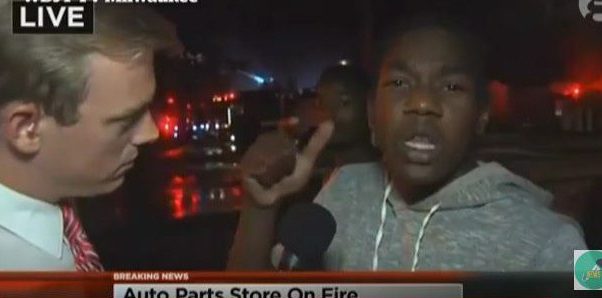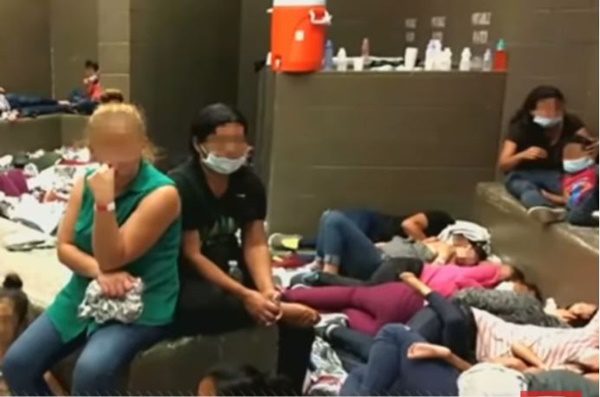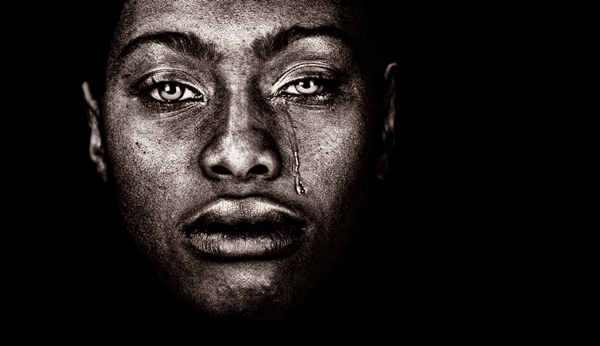 Milwaukee, the shooting of Sylville Smith, uprisings, a toxic, lethal system catching fire… words fail me.
Milwaukee, the shooting of Sylville Smith, uprisings, a toxic, lethal system catching fire… words fail me.
I can’t imagine the challenge of growing up black in the most segregated city in a nation built on slavery, trying to stay in school in a district where the drop-out rate and the achievement gaps are at their highest. I can’t imagine growing up black where the incarceration rate for black males is twice a too-high national average. I can’t imagine living in a world where upward mobility is crushed under the boots of racist oppression, trapped in the nightmarish underbelly of the American dream.
Here in the privilege of my white skin, I cannot know the depths of that nightmare. I can learn about asystem of greed and power-hunger that stole people from their homelands and forced them to be tools of another’s prosperity; I can read about a warped theology that whitewashed Jesus Christ and refused to see those with dark skin as members of his body. I can try to imagine being a black child being taught to revere American heroes like Thomas Jefferson who owned my ancestors as property. I can recall laws that kept people from coming to know each other as some were denied resources for quality education, housing and employment. I can understand how segregation erected barriers in hearts and minds that laws alone could not demolish. Intellectually I can connect the dots to see how generations of dehumanization built a system of poverty and prejudice and oppression. But I cannot know what it is like to live it.
I cannot know… but I’m trying to imagine. Because if I could immerse myself into that life, maybe I could start to feel some of the fear Sylville Smith felt as he heard the sirens behind him. Maybe the names of Sandra Bland and Philando Castile would flash in my mind. Maybe I would entertain a brief hope that I could outrun a cop or a bullet, maybe I would feel the futility of it all halfway down the street, out of breath, and turn around, gun still in hand. Try as I might to imagine, I don’t know what I would have done if I were Sylville Smith, searching for a way to protect myself before a bullet tore through my chest.
Then I try to imagine watching from a window as Sylville is shot, wondering if I or someone I love will be the next to be tried in the street not by peers but by judge, jury and executioner in uniform. I try to imagine living in a nation that has shown time and again that my life and the life of my family doesn’t matter, or matters primarily as a source of exploitation. I try to imagine all the rage and pain that erupted in fire and gunshots, and the life of systemic oppression multiplied throughout segregated communities all across the country that lead to that eruption.
Dr, Martin Luther King Jr. said, “A riot is the language of the unheard,” and last weekend in Milwaukee, cries of anguish and urgency rose through the smoke across the chasm of segregation that deafens those in denial of privilege. African Americans feel threatened in their own neighborhoods, some finding catharsis and perceiving their only avenue of communication in violence. How did the situation come to this?
Before we condemn the violence of the Milwaukee riots, we must condemn the conditions that created the violence in the first place. Those conditions crystallized in the shooting of Sylville Smith, but they did not begin with him. They began with chains in Africa, ships on the Atlantic, centuries of inequality that continues to keep schools and neighborhoods segregated. Conditions of poverty, fueled by racism and prejudice, are exacerbated by the “New Jim Crow” of mass incarceration that disproportionately targets African Americans. In the past few years, this systemic injustice has manifested in police brutality, shootings, and exonerations of officers that that have become public knowledge in the age of mass media.
Yet police officers are just the front lines of this systemic injustice that runs far deeper than policing. American policing reinforces a status quo that scapegoats African Americans, regardless of the race of the officers. But that status quo is a white supremacy so deeply ingrained in American culture that it infects us all, not just officers, many who take seriously their mission “to serve and protect.” Thus, even as I hear the desperate humanity in the uprising voices, such as the impassioned plea of Sylville Smith’s brother, Sedan, I also try to empathize with the police officer who shot Sylville. I try to imagine being an enforcer of law in a nation armed to the teeth. I try to imagine how a career of dealing with people at their most dangerous would affect my thoughts. When police officers take all the blame for violence against African Americans when the responsibility for our culture of racism spreads so far and wide, they ironically become scapegoats on behalf of a scapegoated community.
This is not to deny the need for consequences for excessive force or training to avoid lethal action, or to deny “blue privilege” which allows most officers who kill African Americans to avoid any consequence. (Even if the police video reveals that the officer shot in self-defense, more training must be devoted to de-escalation, and the fear that leads to escalation is an indictment of our culture, not just policing). Nor is this to excuse the random violence of the protests that have harmed innocent business owners, injured police officers, and led to arrests. But it is to suggest that we look to the deep, human pain finding its expression in fear and violence. While some wish to dehumanize protestors and others want to dehumanize officers, there is nothing more human than responding to fear and violence with more violence and fear. This cycle of negative mimesis is a large part of how humans relate to one another, especially when barriers prevent us from truly coming to know each other.
But we can do better. We can relate to each other in empathy and compassion by acknowledging and breaking down the systemic barriers that segregate us. It is up to those of us with privilege to break the cycle of violence by first dismantling and healing the damage from our own. As we come to the see humanity of those we demonize, even through the flames of violence, we will recognize the redeeming truth: that our humanity is bound up together.
Stay in the loop! Like Teaching Nonviolent Atonement on Facebook!











